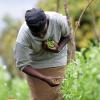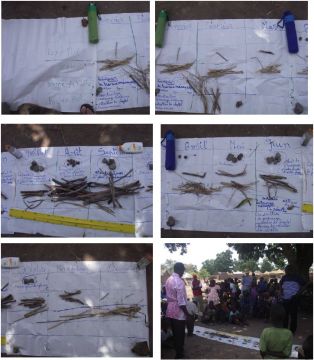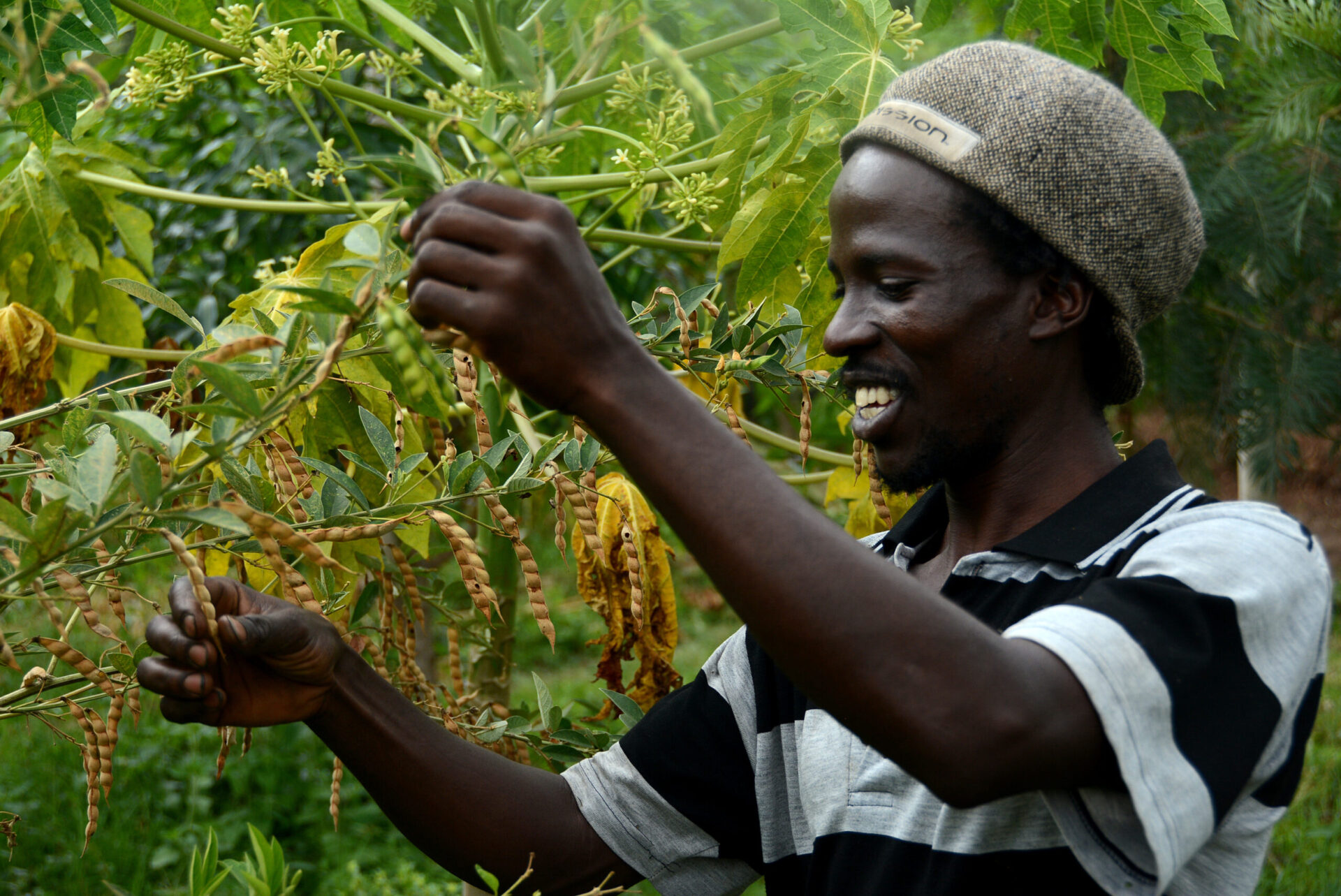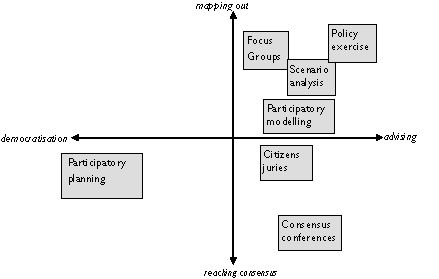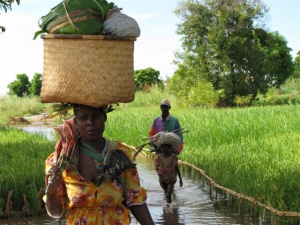Behavior
Men and women farmers face contrasting realities that impact climate-resilience building
The Working Paper How resilient are farming households, communities, men and women to a changing climate in Africa? shows how men and women farmers are facing contrasting realities.
What’s the mind got to do with it? A Cognitive approach to Global Climate Governance
The paper introduces cognitive-affective mapping as a novel research tool for international climate governance.
Distinguishing between coping and adaptation
Knowing the difference between ‘coping’ and ‘adaptation’ forces us to think ‘outside the box’ and identify sustainable solutions to long-term climate change.
How to involve stakeholders
Stakeholder participation can be used to democratise science and empower citizens, to inform policy making and to advise decision-making processes.
Gender and Climate Change
Work done by SEI Oxford on climate adaptation and DRR in southern Africa touched on gender issues. This article contains some extracts from the resulting report.
